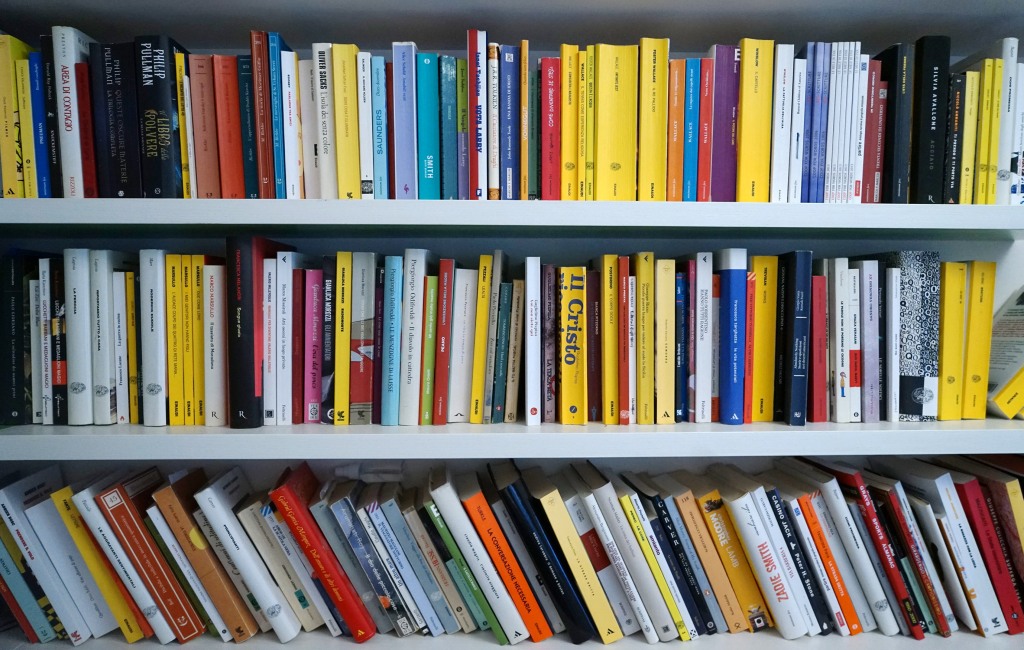By Luca Pareschi and Maria Lusiani

The supposed conflict between aesthetic values and market logics has long been heating the debate among scholars in the cultural and creative industries: while over time researchers provided a more nuanced picture of the market-aesthetic logics tension, able to go beyond a prosaic conflict between the two extremes, some questions remain open. In this work we try to understand how editors in the publishing industry deal with market and aesthetic logics when they are interviewed regarding their work. Also, we address the organizational characteristics that may affect the editors’ discourses.
Continue reading “WHAT EDITORS TALK ABOUT WHEN THEY TALK ABOUT EDITORS? AN ANALYSIS OF PUBLIC INTERVIEWS SEARCHING FOR MARKET AND AESTHETIC LOGICS”



Recent Comments